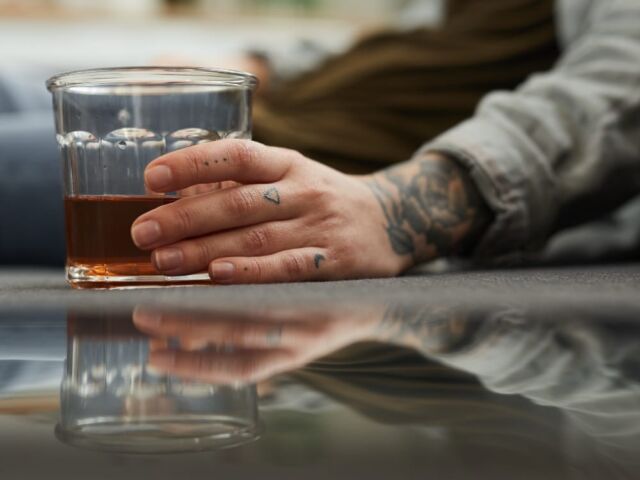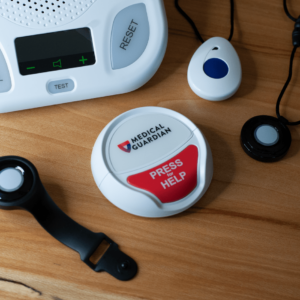In the realm of rehabilitation, traditional methods often coexist with innovative approaches aimed at enhancing the healing process. Beyond conventional medical interventions, alternative therapies have gained recognition for their positive impact on physical, emotional, and psychological well-being. Among these alternatives, Art Therapy, Music Therapy, and Equine Assisted Therapy stand out as promising modalities in the rehabilitation landscape.
Unveiling the Healing Power of Art Therapy
Art Therapy is a unique and expressive form of treatment that harnesses the creative process to improve mental health. In the context of rehabilitation, it serves as a powerful tool for individuals recovering from various physical and mental conditions. Through painting, drawing, and other artistic endeavors, patients can articulate emotions that may be challenging to express verbally. The therapeutic benefits of Art Therapy include stress reduction, enhanced self-esteem, and increased self-awareness.
Harmonizing Recovery with Music Therapy
Music Therapy is another alternative that has demonstrated remarkable results in rehabilitation settings. Harnessing the therapeutic properties of sound, rhythm, and melody, Music Therapy offers a holistic approach to healing. For individuals recovering from injuries or undergoing rehabilitation, music can stimulate cognitive functions, improve motor skills, and alleviate pain. Whether through listening, singing, or playing instruments, patients can find solace and motivation on their journey to recovery.
Equine Assisted Therapy: A Unique Bond Between Humans and Horses
Equine Assisted Therapy, often known as horse therapy, is a distinctive form of rehabilitation that involves interactions with horses. The profound connection between humans and these majestic animals forms the basis of this therapeutic approach. In rehabilitating individuals, the rhythmic movement of horseback riding can enhance balance, coordination, and strength. Moreover, the emotional bond developed with the horses can instill a sense of responsibility and empathy, contributing to the overall well-being of the individual.

Integrating Alternative Therapies for Comprehensive Rehabilitation
While each alternative therapy—Art, Music, and Equine Assisted Therapy—offers unique benefits, the true potential lies in their integration. Combining these modalities in a comprehensive rehabilitation program can create a synergistic effect, addressing the diverse needs of individuals on the path to recovery.
The collaborative use of Art Therapy enables emotional expression and introspection. Music Therapy contributes to cognitive and physical rehabilitation, fostering a harmonious environment. Equine Assisted Therapy adds a dynamic element, promoting physical strength and emotional resilience. Together, these alternative therapies form a holistic approach to rehabilitation that extends beyond traditional medical interventions.
The Future of Rehabilitation: Embracing Diversity
As the landscape of rehabilitation evolves, the integration of alternative therapies becomes increasingly significant. Recognizing the individuality of patients and tailoring rehabilitation programs to their unique needs is paramount for successful outcomes. The amalgamation of traditional medical treatments with innovative therapies signifies a shift towards a more holistic and personalized approach to rehabilitation. If you are looking for more great information about exploring alternative therapies in rehab, visit this link for further info.
In conclusion, exploring alternative therapies in rehab, such as Art Therapy, Music Therapy, and Equine Assisted Therapy, opens new avenues for healing and recovery. These modalities not only address the physical aspects of rehabilitation but also attend to the emotional and psychological well-being of individuals. As the rehabilitation landscape continues to evolve, embracing diversity in treatment approaches is key to unlocking the full potential of holistic healing.






